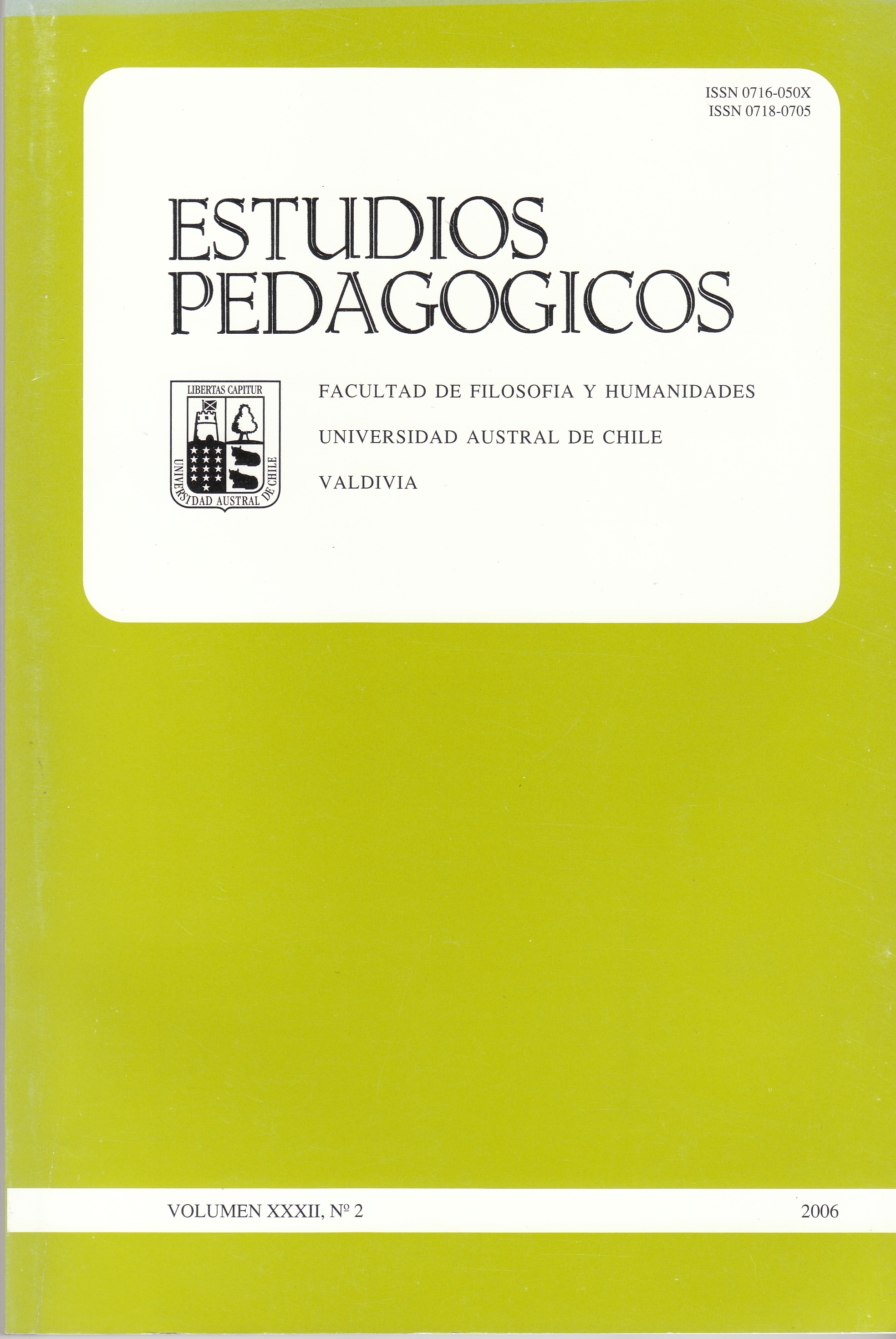Incorporation of computers in rural schools. A descriptive study of four cases in the south of Chile
Main Article Content
Abstract
This article presents results of one research whose main goal was to describe the transformations produced in the interaction of education agents after de computer incorporation. An ethnographic approach is used, based on observation techniques not taking part of the pedagogical practices, through informatics resources and extensive interviews to teachers and students from four elementary schools of the province of Valdivia, selected for the research.
The main findings were: the use of the computers depends on the perception of teachers concerning their effectivity upon learning; training received by teachers is identified as vital to achieve an innovative use. Three cases are classified as transmitter/reproducer and one as practical/situational (Bautista 1994). Finally, the computer is used by students mainly incorporated to classes activities from differents subjects.
The main conclusion is that the informatics resources in a rural school presents higher possibilities to be effectively used as curricular material supporting the learning process, mainly since the children from these communities know this technology for the first time at school; nevertheless, its use becomes inefficient due to inexperience and low training of teachers concerning innovation using I.C.T.

